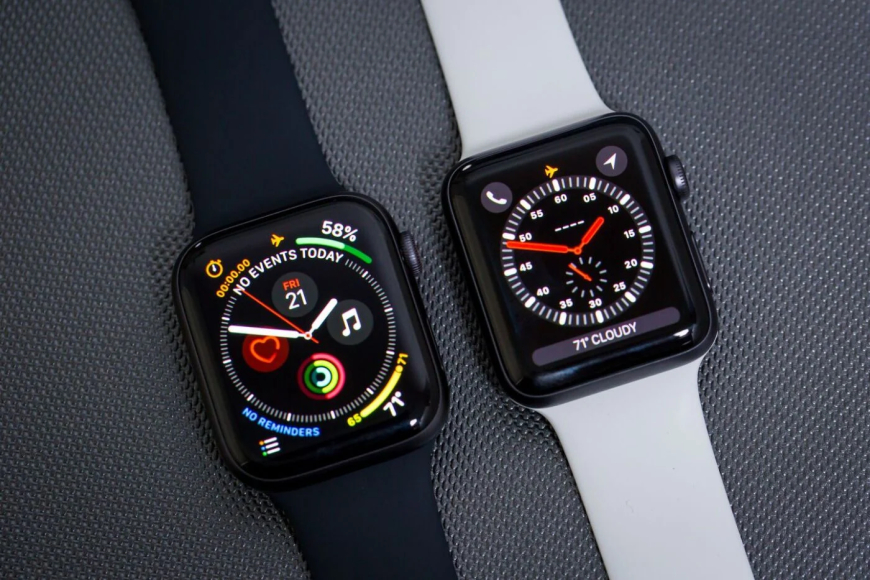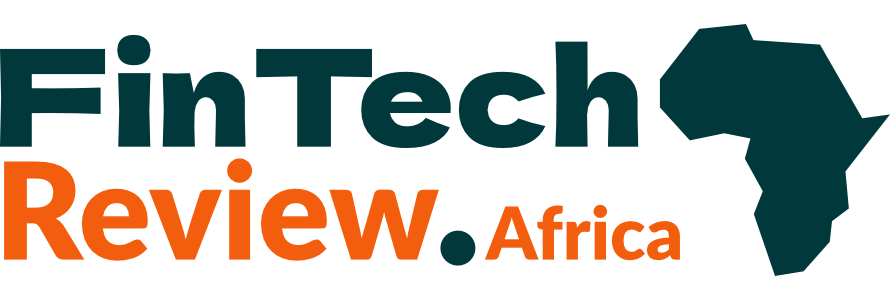LifestyleTech in Africa: 2025’s Bold New Frontier

Africa, 2025 is shaping up to be a transformative year for LifestyleTech. Driven by a booming youthful population, widespread mobile penetration, and a surge in tech entrepreneurship, the continent is forging a path where culture, convenience, and connectivity converge.
From AI-driven health diagnostics in Nairobi to solar-powered smart homes in Accra, LifestyleTech — a fusion of consumer technology with daily life — is no longer a fringe trend. It's the new fabric of modern African living.
1. Healthtech Goes Hyperlocal
In clinics and households alike, Africa is seeing a revolution in digital health. Companies like Nigeria’s Helium Health and Kenya’s Ilara Health are leveraging AI and IoT tools to deliver diagnostics, monitoring, and treatment advice through mobile devices — even in rural areas.
“Instead of traveling five hours to see a doctor, our patients now get consultations through voice-based apps in their local dialect,” says Dr. Achieng Otieno, a community health worker in Kisumu, Kenya. “It's saving lives.”
The 2025 wave is also marked by wearable biosensors tailored for tropical climates, and partnerships with telecom giants to deliver low-cost health data bundles.
2. Fintech Evolves into Lifestyle Platforms
The continent’s trailblazing fintechs are evolving into “super apps” that blend payments, savings, e-commerce, and even social networking. Platforms like M-PESA, Chipper Cash, and PalmPay now integrate lifestyle services such as grocery ordering, ride-hailing, and insurance — all accessible via a smartphone.
In Ghana, startups are even embedding digital banking into music and fashion communities. “We're not just banking Gen Z,” says Akosua Boateng, a fintech product lead in Accra. “We're meeting them where they live — culturally and digitally.”
3. Afro-Centric Smart Living
Smart homes are going solar — and local. With climate challenges and energy instability, solar-powered LifestyleTech has become the go-to innovation. Startups are offering smart thermostats, irrigation systems, and water monitoring devices designed for African households and farms.
In Johannesburg’s growing smart suburb of Waterfall City, local firm GreenLoop integrates home automation with real-time load-shedding alerts and AI-optimized energy usage. “We want tech that’s aspirational but practical,” says founder Sipho Khumalo.
4. Digital Fashion & Augmented Identity
African fashion is going virtual — literally. In 2025, designers across the continent are blending tech with tradition, launching augmented reality (AR) fashion try-ons, NFTs of cultural wear, and virtual storefronts that accept mobile money.
From Dakar to Cape Town, digital identity is becoming more expressive and customizable. Gen Z consumers are using avatar-based platforms and AI-generated fashion content on platforms like Instagram and TikTok clones like “Sawa” — an emerging video app developed in East Africa.
5. Edutainment & AI Companions
LifestyleTech in 2025 also means learning while living. AI-powered edutainment apps, especially in local languages, are growing rapidly. Platforms like uLesson and Kukua are launching interactive storytelling bots, culturally relevant AR learning games, and even AI study partners for kids.
“Education is no longer confined to classrooms,” says Tunde Alaba, an edtech analyst based in Lagos. “It’s personalized, on-demand, and entertaining.”
What’s Next?
As Africa’s digital infrastructure matures and local talent rises to global prominence, LifestyleTech will continue to adapt in uniquely African ways. The key? Designing for connectivity gaps, cultural nuance, and social impact — not just convenience.
The rest of the world may be looking to Silicon Valley or Shenzhen for innovation, but in 2025, the next big LifestyleTech story is unmistakably African.

 Francis
Francis 





